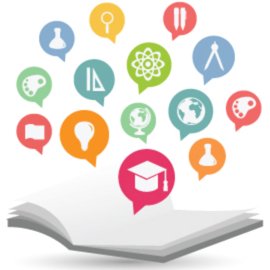
Early Grade Literacy in African Classrooms: Lessons Learned and Future Directions
Literacy – the ability to read and write – is recognized as one of the most fundamental of core skills contributing to academic achievement, lifelong learning and sustainable development. In many African countries, however, literacy achievement in the formal education system has not attained the levels necessary to support any of these outcomes. Primary curriculum expectations across the continent include literacy acquisition in the early grades, yet somehow these expectations are not being adequately met.
This thematic transnational study on literacy in the classroom brings that knowledge together in a coherent fashion, in order that the experience of these highly diverse education organizations may be of real use to stakeholders and decision-makers in African education. This study provides such stakeholders and decision-makers with more and better options for promoting early grade literacy in their countries.
Literacy – the ability to read and write – is recognized as one of the most fundamental of core skills contributing to academic achievement, lifelong learning and sustainable development. In many African countries, however, literacy achievement in the formal education system has not attained the levels necessary to support any of these outcomes. Primary curriculum expectations across the continent include literacy acquisition in the early grades, yet somehow these expectations are not being adequately met.
This thematic transnational study on literacy in the classroom brings that knowledge together in a coherent fashion, in order that the experience of these highly diverse education organizations may be of real use to stakeholders and decision-makers in African education. This study provides such stakeholders and decision-makers with more and better options for promoting early grade literacy in their countries.

